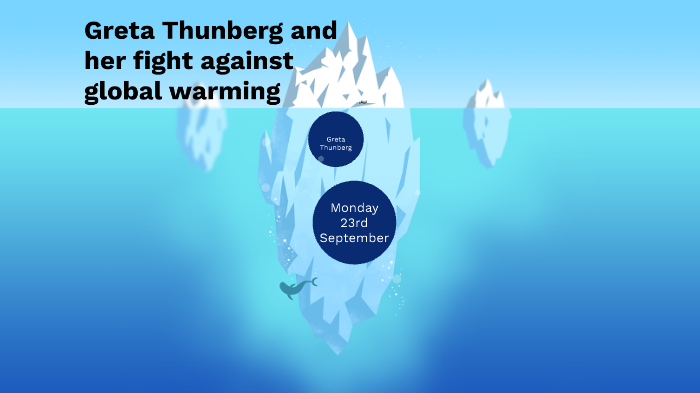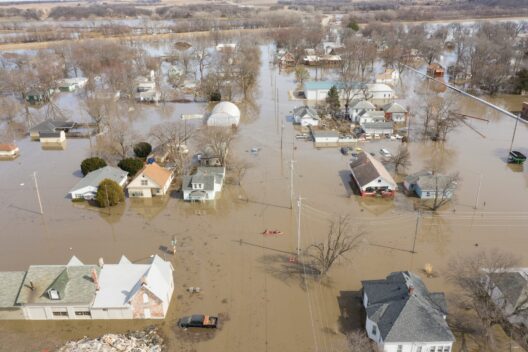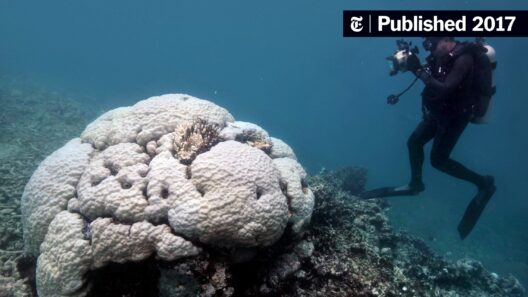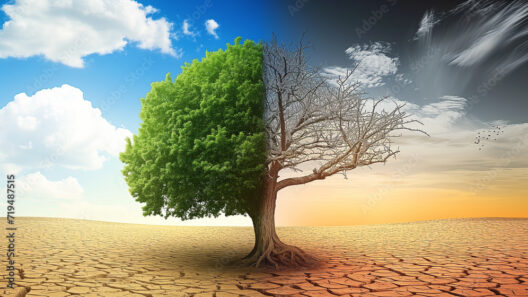Greta Thunberg, a name synonymous with climate activism, embarked on a remarkable journey that has brought the issue of global warming to the forefront of global discourse. Her path to becoming a leading voice in climate action began as a curious child grappling with the complexities of climate science and the indifference of world leaders. Understanding how she learned about global warming involves delving into both her personal experiences and broader societal influences that shaped her perspectives.
Born on January 3, 2003, in Stockholm, Sweden, to a family with a rich artistic and academic background, Thunberg was introduced to environmental issues at a young age. Her mother, an opera singer, and her father, an actor, fostered a nurturing environment that emphasized the importance of education and awareness. However, it was the genetic predisposition of her family’s mental health conditions that also played a role in shaping her worldview. Diagnosed with obsessive-compulsive disorder (OCD), social anxiety, and selective mutism, Thunberg found solace in immersing herself in research about climate change.
Her curiosity took a profound turn when she first learned about climate change as a child. Around the age of eight, she encountered the concept during a school lesson. The scientific facts were alarming: rising sea levels, increased occurrences of extreme weather events, and the rapidly dwindling biodiversity. The stark reality of climate change ignited a fire within her. Unlike her peers, who may have conceptualized climate change as an abstract threat, Thunberg perceived it through a lens of urgency and moral responsibility.
Motivated by her growing awareness, Thunberg began to reach out for more information. She consumed a plethora of literature on environmental science, delving into reports by the Intergovernmental Panel on Climate Change (IPCC) and other scientific bodies. This consumed her every waking moment; she became fixated on understanding the grim projections for humanity’s future. The more she learned, the more the disparity between scientific findings and political action became intolerably apparent to her. Thunberg was troubled by the dissonance she observed in society: leaders often spoke of climate change, but meaningful action to combat it was glaringly absent.
In 2018, at the tender age of 15, Greta Thunberg’s epiphany crystallized into action when she decided to sit in front of the Swedish parliament during school hours, holding a sign that read, “Skolstrejk för klimatet” (School Strike for Climate). This act of defiance was not merely about skipping school; it was a profound statement against governmental inaction and a call for urgent measures to address climate change. Initially, her solitary strike attracted little interest. Nevertheless, she remained undeterred, returning to her vigil day after day.
Ultimately, her tenacity and passion resonated with a broader audience. Her small yet potent act sparked a global movement known as “Fridays for Future.” Soon, students worldwide began to join her in strikes, reflecting a burgeoning tide of youth activism. Thunberg’s journey metamorphosed from a singular protest to a catalyst for change, embodying the hopes and frustrations of millions of young people globally. What began as personal introspection burgeoned into a powerful collective force.
As she gained international attention, Greta’s message was simple but profound: climate change is the existential crisis of our time, and the youth of today are its most affected stakeholders. She utilized various platforms—including speeches at climate conferences and appearances before world leaders—to amplify her voice. Her straightforward and impassioned speeches exposed the inadequacies of political commitments and the consequences of inaction. Phrases like “How dare you?” questioned the moral legitimacy of leaders who failed to take decisive steps against climate change.
During her journeys, Thunberg faced not only accolades but also harsh criticism. Detractors often dismissed her as just a teenager and questioned her expertise. Nevertheless, her resilience in the face of adversity became emblematic of her character. She further stood her ground in advocating for science-based policies, demanding that the world adheres to mitigation efforts guided by the latest scientific data.
As Thunberg’s platform expanded, so did her allies. She actively engaged with scientists, environmental groups, and indigenous leaders, crystallizing her understanding of the interconnectedness of climate issues—social justice, economic inequality, and ecological degradation. Thunberg’s evolution accentuated a crucial element of the climate movement: collective action grounded in scientific understanding. Her journey is not just about one person—it symbolizes the urgent need for collaborative efforts across all sectors of society.
Moreover, Greta Thunberg’s impact extends beyond mere activism. She has inspired discussions about mental health within the context of climate anxiety, showing how environmental issues can profoundly affect the psychological well-being of individuals, particularly the youth. This angle of her activism has spurred various mental health initiatives centered around eco-anxiety, leading more practitioners to recognize and address this emerging condition.
As the world continues to grapple with the implications of climate change, Greta Thunberg remains a critical figure driving the conversation. The sheer power of her journey from awareness to action epitomizes the ability of the youth to challenge the status quo and demand accountability. How she learned about global warming—through a combination of personal experiences, relentless research, and inspirational action—serves as a reminder that knowledge and passion can jointly serve as catalysts for transformative change.
In conclusion, Greta Thunberg represents a decisive shift in perspective regarding climate action. Her story illuminates how one individual’s growing awareness of global warming, combined with an unwavering commitment to action, can ignite a worldwide consciousness and inspire a generation to think critically about their world. Understanding her unique journey encourages introspection and emphasizes the collective responsibility borne by each member of society to address climate change effectively.






